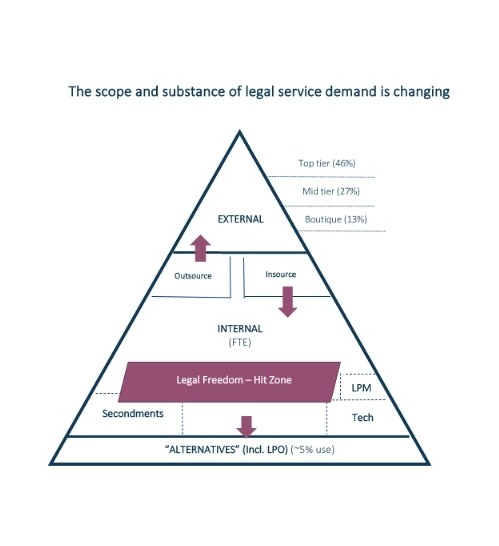CHANGE AT A STRUCTURAL LEVEL
Business Transformation, continuous improvement in business processes and increased use of alternate delivery models underpinned by leading technologies is at the forefront of a CEO’s mind.
- 44% of organisations expect to change their business in a fundamental way in the next three years
- 67% of CEOs say that acting with agility is the new currency of business and 84% are actively transforming their leadership team to build resilience
- Only 16% of organizations have already implemented AI in the automation of some of their processes









